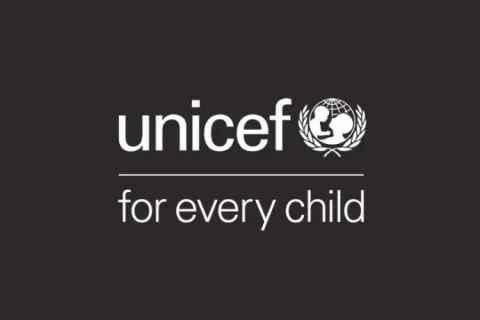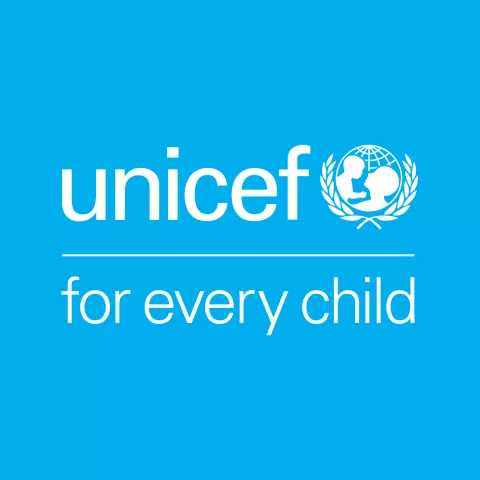Enhancing the equity of education through preventing and combating school segregation
The TSI project for school desegregation is supported and financed by the European Union through the Technical Support Instrument and implemented by UNICEF, in partnership with the Ministry of Education and the European Commission

Highlights
The Ministry of Education has adopted in December 2016 the Order of the Minister of Education No. 6134 of 21st of December 2016 on Prohibiting School Segregation in Pre-university Education School Units. Thus, the legal framework on school desegregation was revised and expanded to include 5 criteria of school segregation: 1) ethnicity, 2) disability, 3) family socio-economic status (SES), 4) students’ school performance, and 5) area of residence.
Although the Order No. 6134/2016 has been adopted, it has not been enforced yet (its entry into force is conditioned by the adoption of two methodologies: the school segregation monitoring methodology and the methodology for the prevention and intervention in cases of school segregation). Although the school segregation monitoring methodology was adopted by MoE in December 2019, the other methodology is not yet finalized, and the old Order of the Minister of Education No. 1540/2007 on Prohibiting School Segregation of Roma Children is still in effect.
The Ministry of Education requested UNICEF technical assistance for the implementation of a consistent part of the strategic actions included in the Action Plan on School Desegregation and Improving the Quality of Education in the Pre-university Education Schools and a MoE-UNICEF Romania Cooperation Protocol on School Desegregation was signed in December 2016. The technical assistance that is provided by UNICEF to the MoE in the area of school desegregation since 2017 consists of the following 5 key strategic actions:
- Establishing the National Commission on School Desegregation and Inclusion;
- Development of the methodology for school segregation monitoring;
- Development of the methodology for the prevention and intervention in cases of school segregation;
- Testing on a sample of school units (all cycles of pre-university education) the methodology for school segregation monitoring;
- Developing the training packages for the professionals (school principals, teachers, county school inspectors, and staff of MoE) in the education system on the new legal and policy framework on school desegregation.





